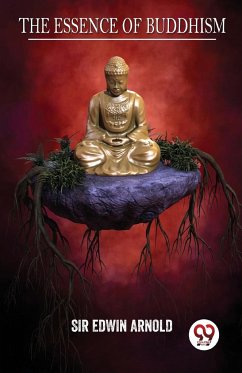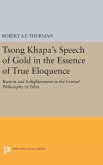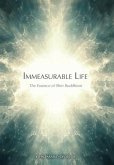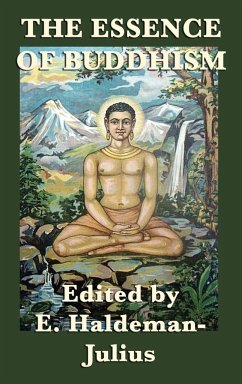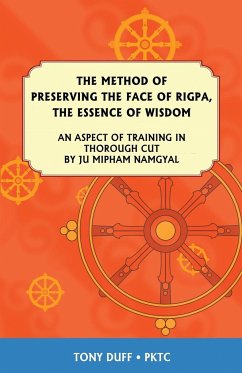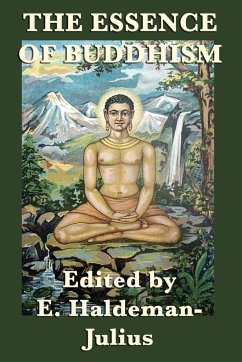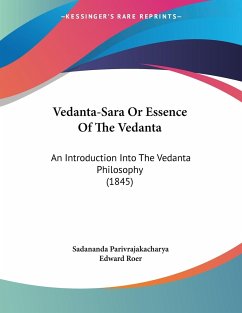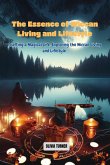"The Essence of Buddhism" by Sir Edwin Arnold is a classic text that provides a comprehensive introduction to the philosophy and teachings of Buddhism. The book covers a wide range of topics, including the life of the Buddha, the Four Noble Truths, the Eightfold Path, and the nature of reality. The author provides clear and concise explanations of the key concepts and teachings of Buddhism, drawing on a range of sources including Buddhist scriptures and commentaries. He also provides a historical and cultural context for the development of Buddhism, providing readers with a deeper understanding of the religion. Overall, "The Essence of Buddhism" is a highly recommended text for anyone interested in learning about the philosophy and teachings of Buddhism. It is a timeless classic that provides a deep and insightful exploration of this ancient and influential religion.
Hinweis: Dieser Artikel kann nur an eine deutsche Lieferadresse ausgeliefert werden.
Hinweis: Dieser Artikel kann nur an eine deutsche Lieferadresse ausgeliefert werden.

